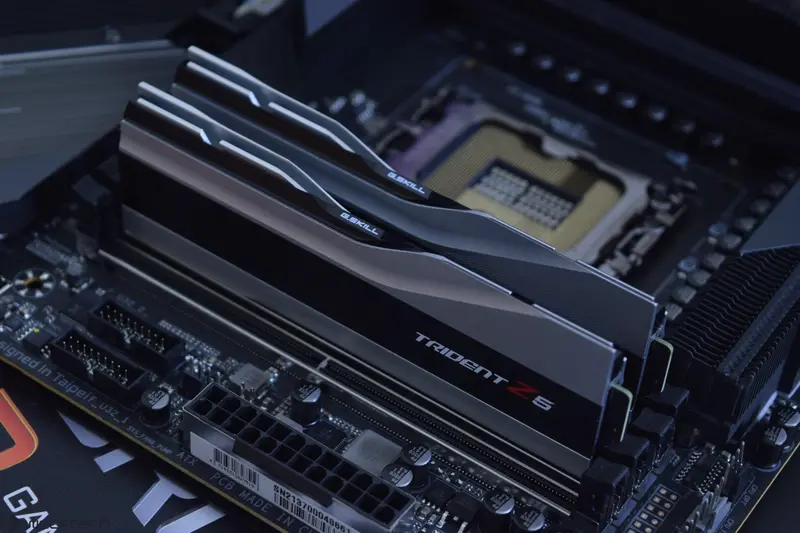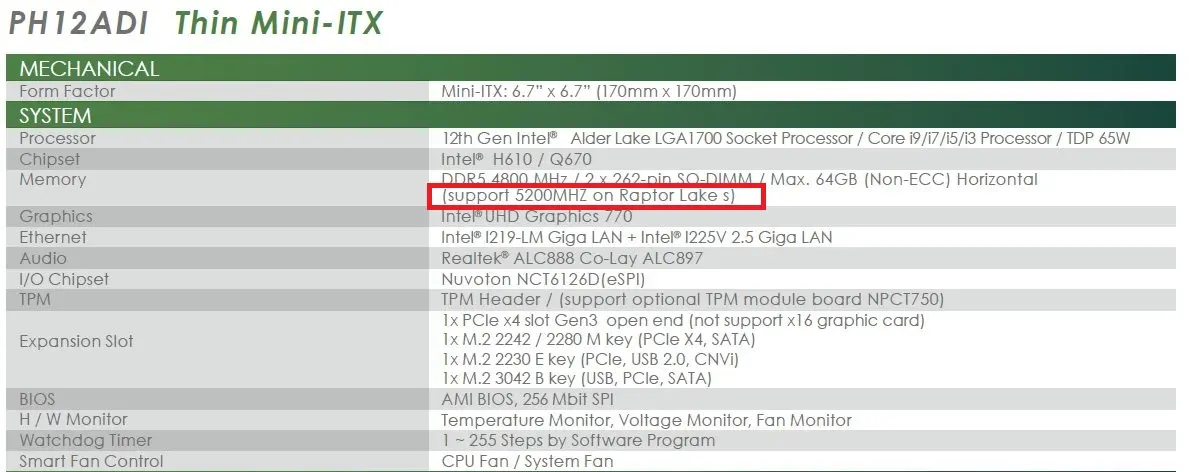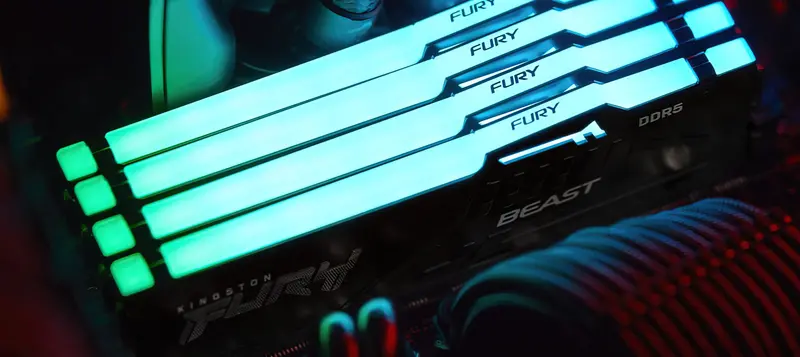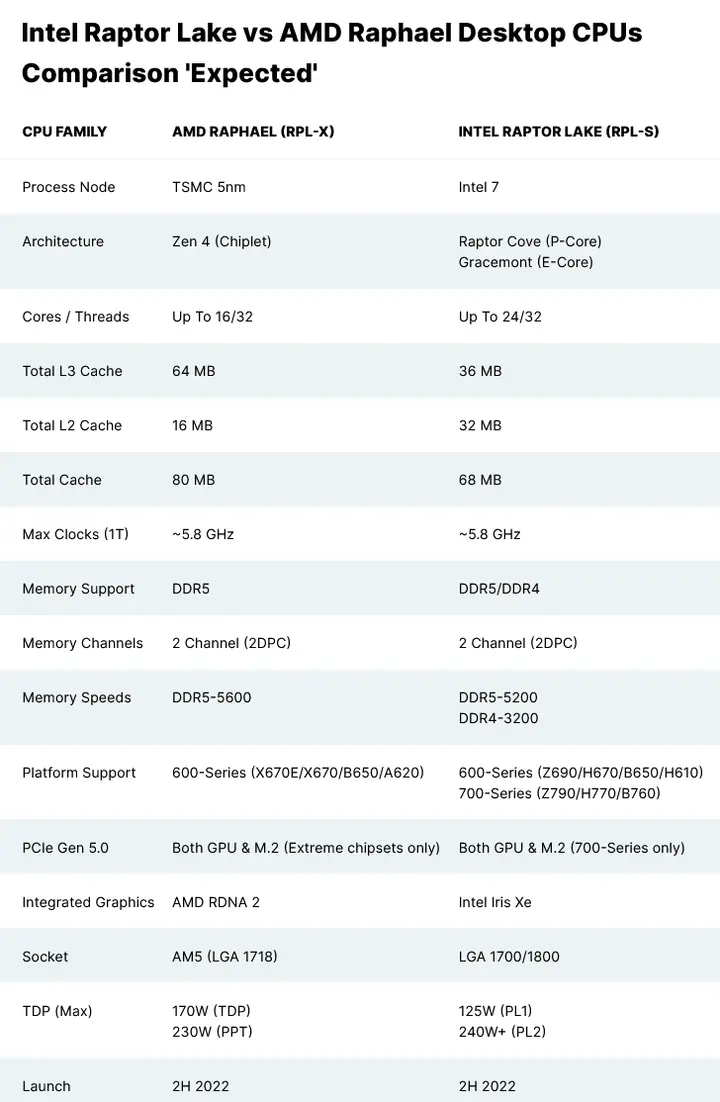Intel's 13th generation Raptor lake-s desktop CPU will be released around the same time as AMD's ryzen 7000 desktop CPU Both platforms will fully support PCIe Gen 5.0 and ddr5, but the newly leaked specification table may imply that the red team (AMD) may have a slight advantage over the blue team (Intel) in terms of memory support capability

Mitac, an industrial motherboard manufacturer, lists the native memory speeds supported by the upcoming 13th generation Intel alder Lake desktop CPU in its ph12adi motherboard specifications. According to the manufacturer, the Raptor lake-s desktop CPU will be improved by the ddr5-5200 compared with the ddr5-4800 native speed of alder lake.

Previous reports speculated that the ddr5-5600 native speed of Intel Raptor Lake desktop CPU series, but it seems that ddr5-5200 is becoming a more reliable solution. This marks an overall increase of 8.3% over the existing alder Lake native memory speed.

In terms of memory, amd may have some advantages. APACER revealed in the slide that the new ryzen 7000'raphael'series will have ddr5-5200 native speed, but there are rumors that the actual speed will be higher, rated as ddr5-5600. In addition, AMD is full of confidence in its Expo (ryzen extended profiles for overclocking) technology and how it will really promote ddr5 overclocking on the Am5 platform.

Said Joseph Tao, amd memory support manager
Our first ddr5 game platform is our Raphael platform. A great thing about Raphael is that we will really try to attract your attention through overclocking to reach the speed you think is impossible.